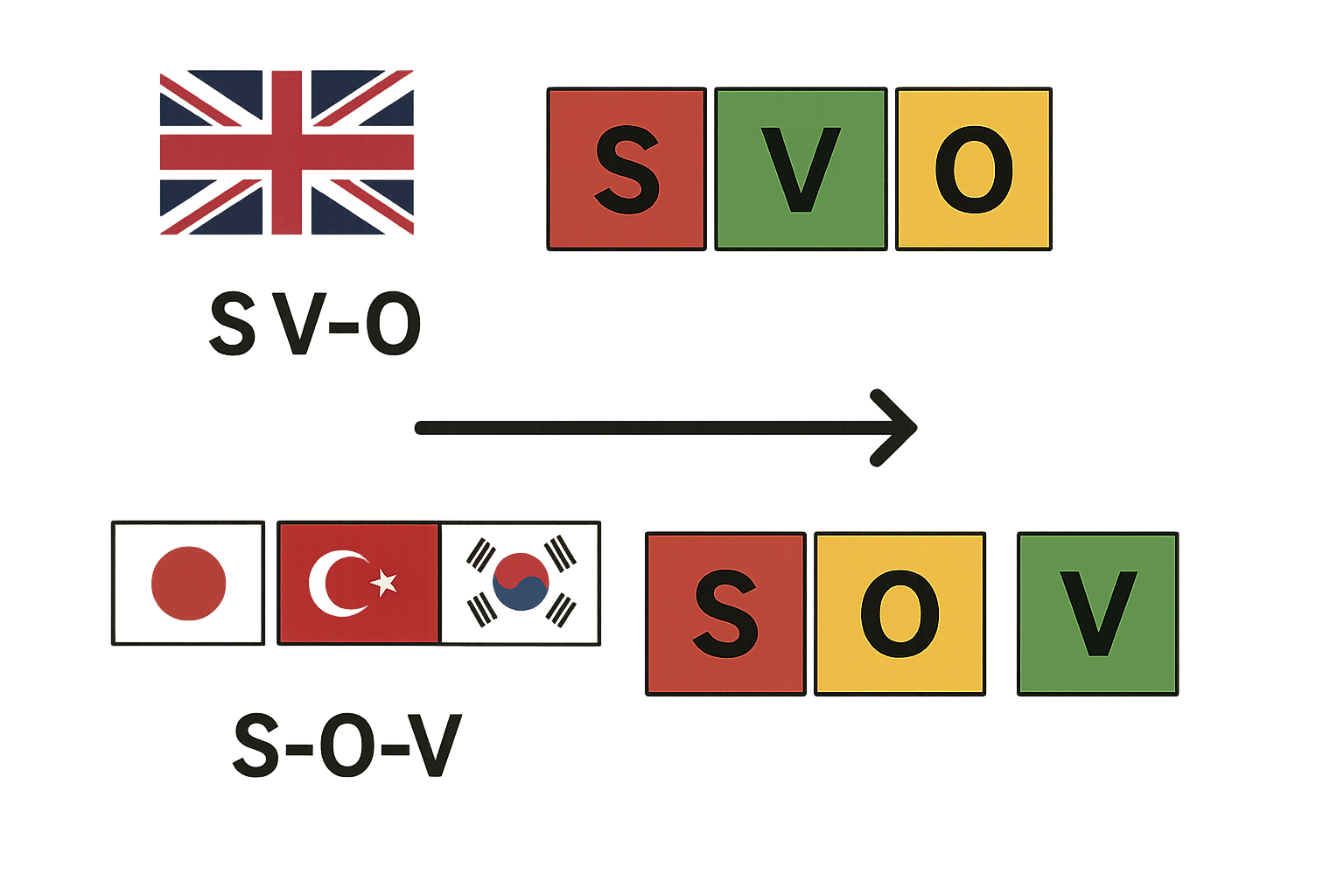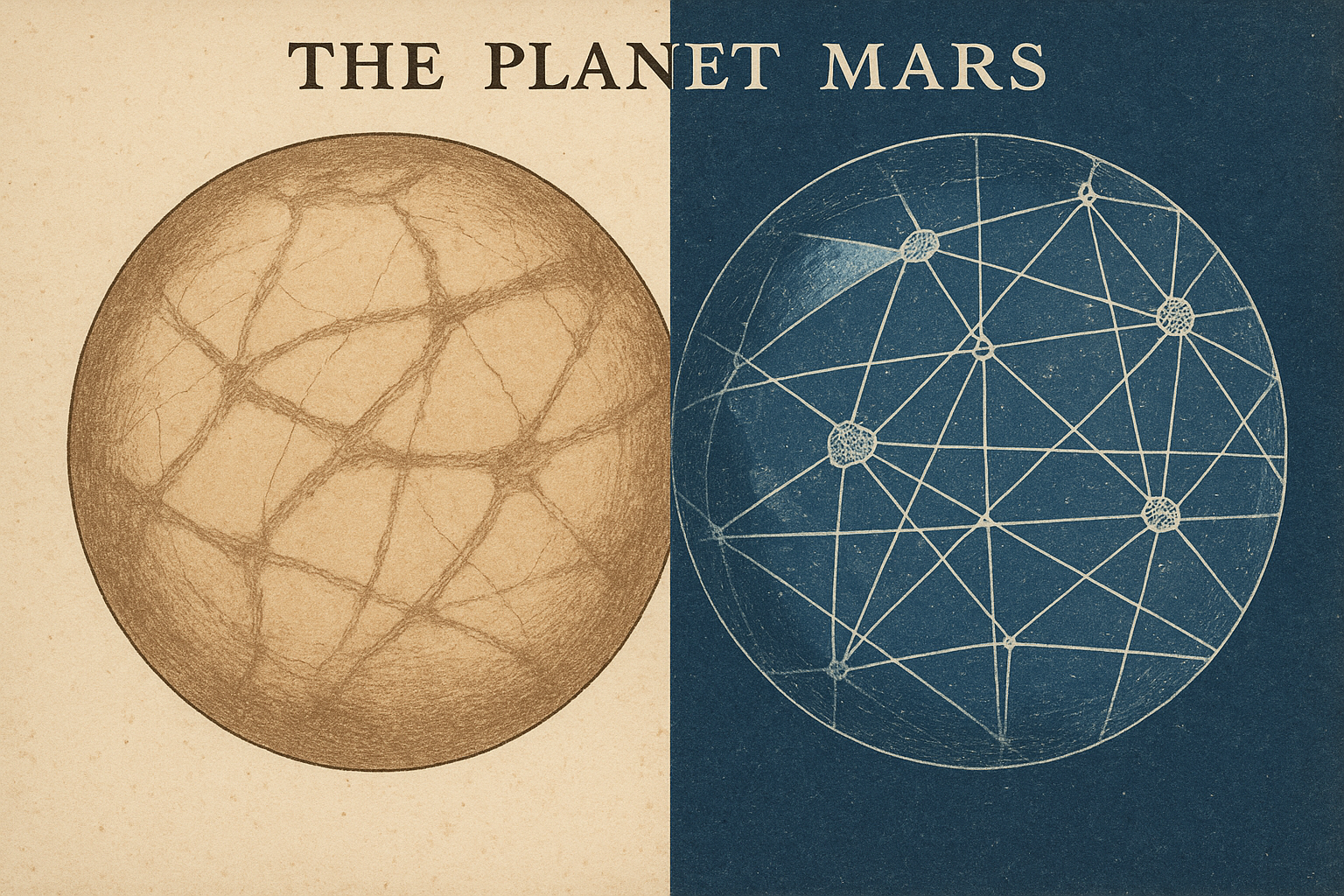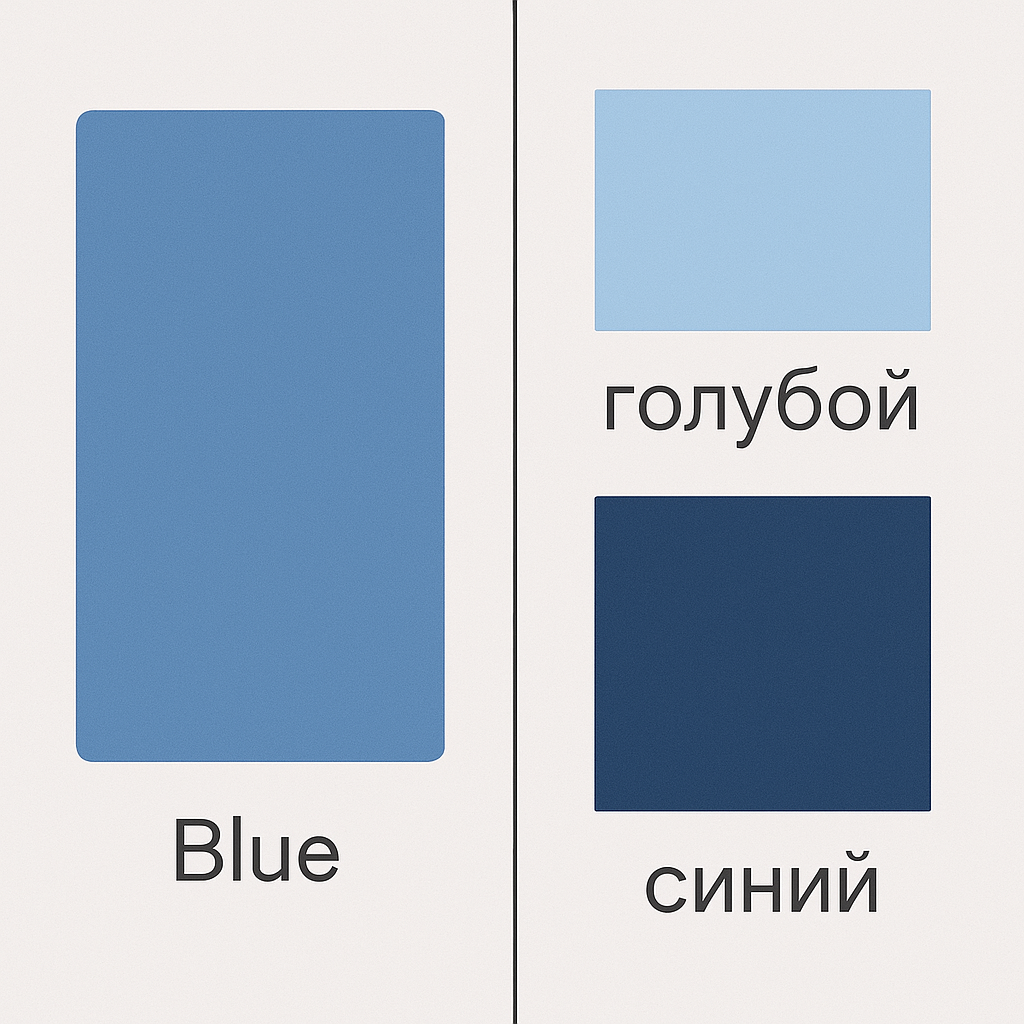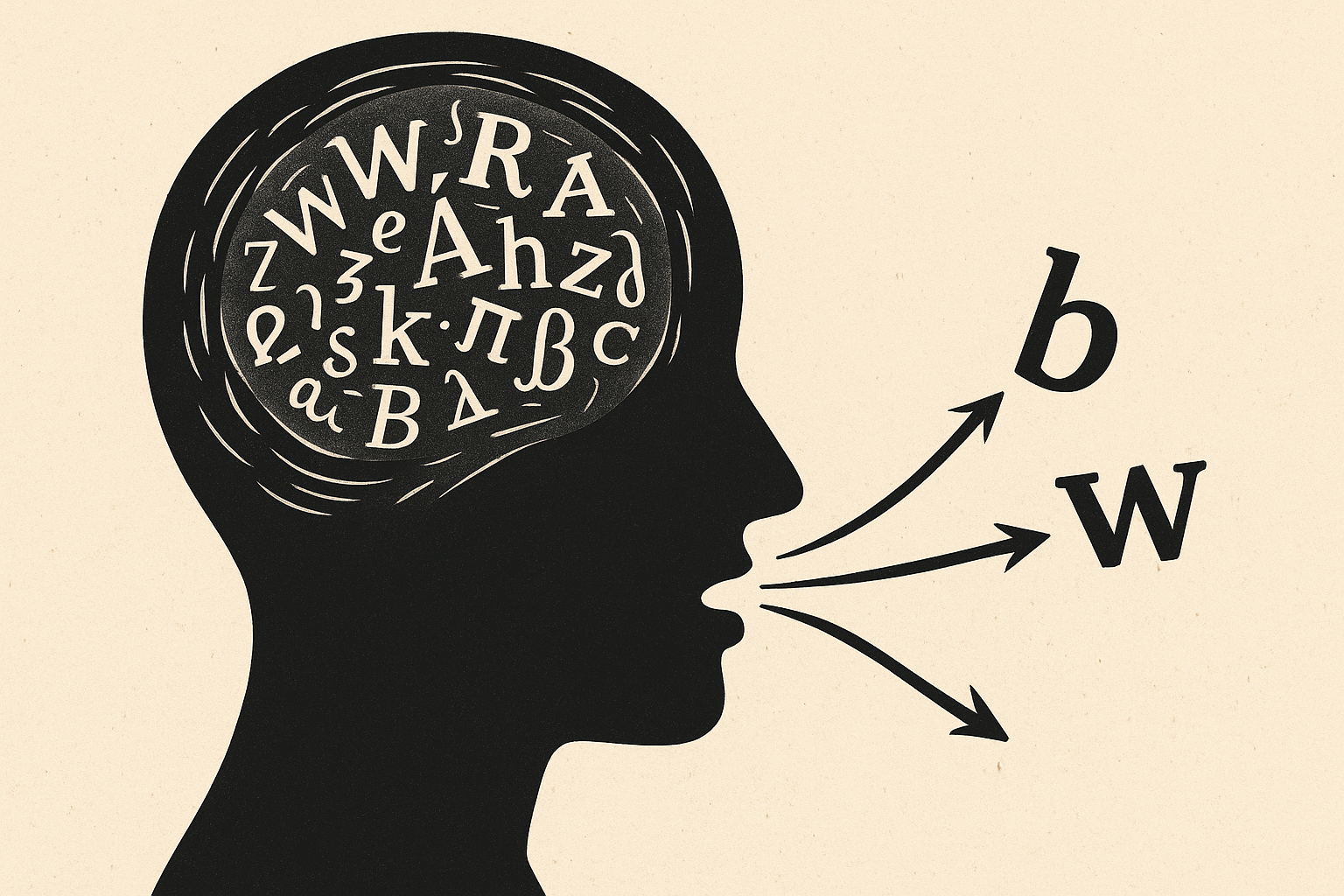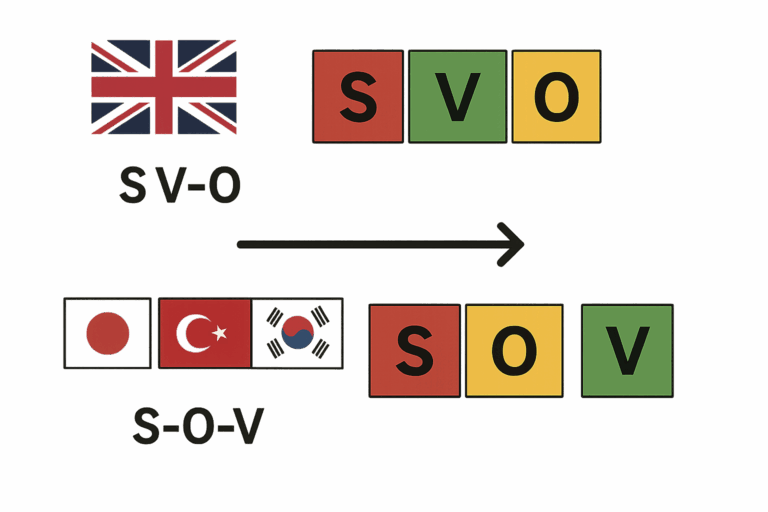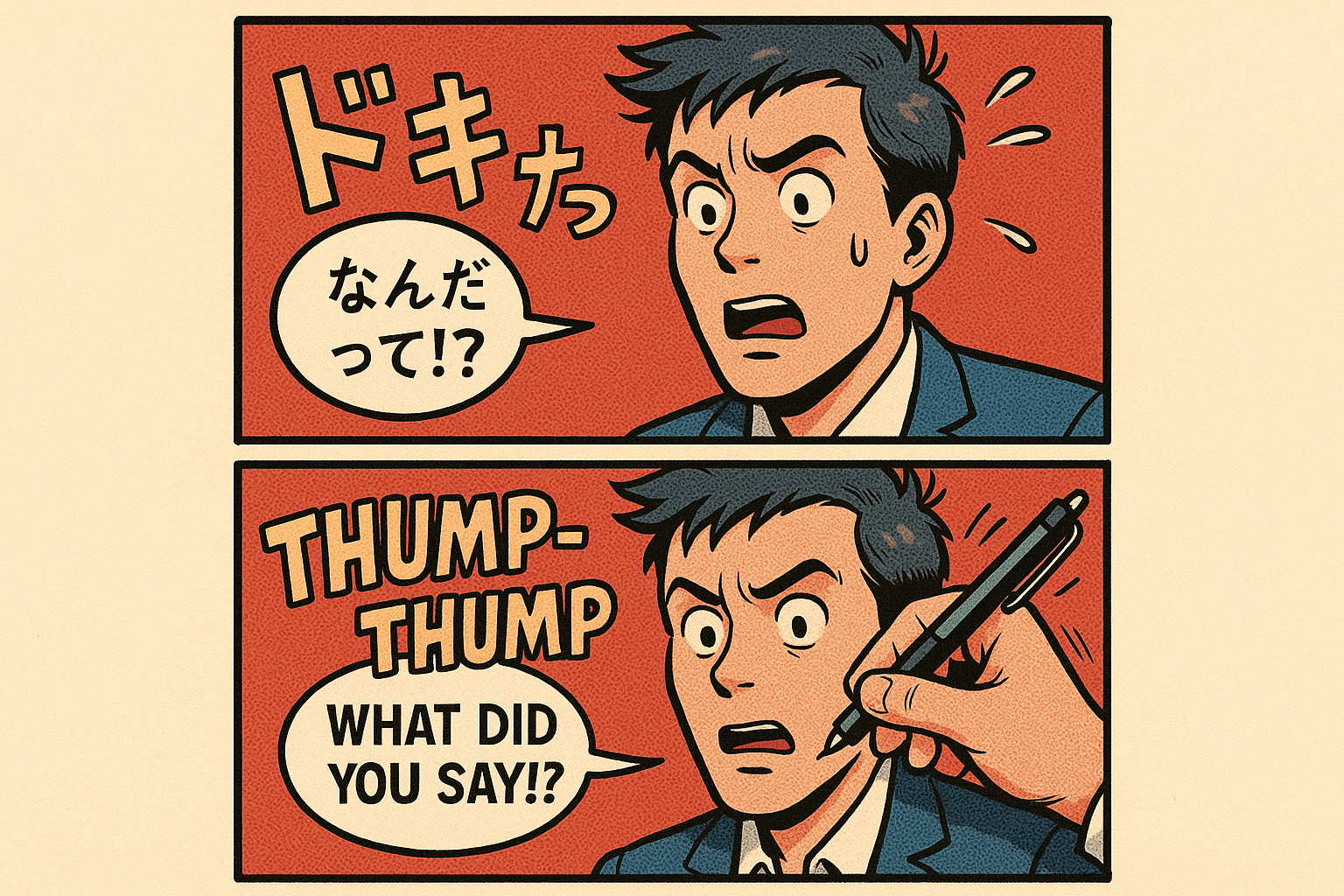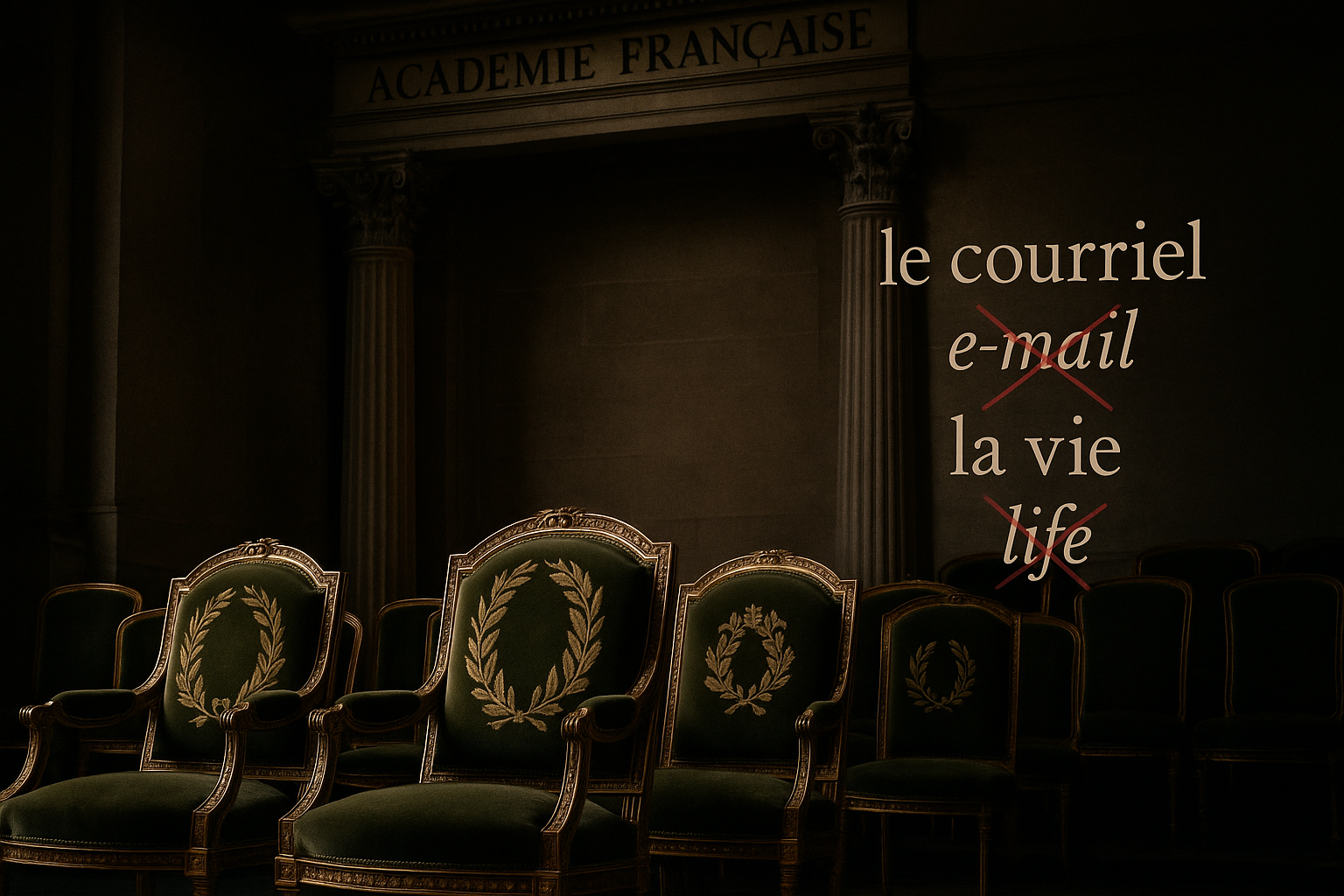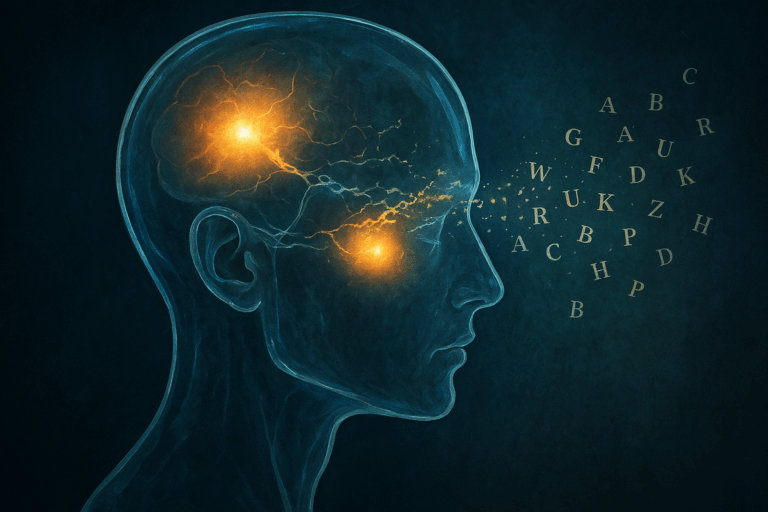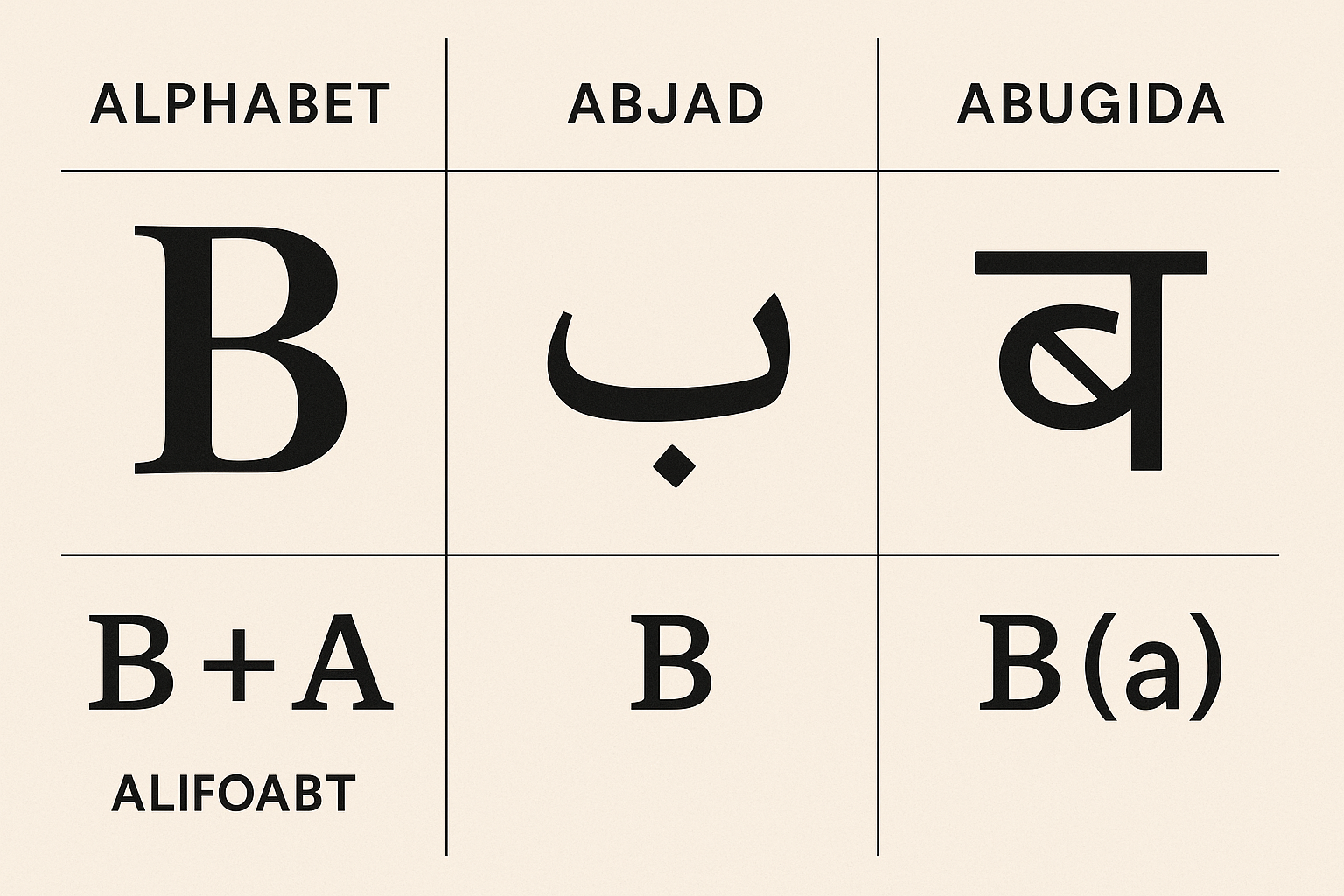The World in a Different Order: How Subject-Object-Verb Languages Challenge Our Linguistic Assumptions
For most English speakers, “The dog chased the cat” is the only logical way to say it. But what if we told you that for over half the world, the sentence is structured “The dog the cat chased”? This deep dive into Subject-Object-Verb (SOV) languages like Japanese, Turkish, and Hindi reveals how a simple change in word order can rewire everything we assume about grammar, thought, and even poetry.
